People
V&W is a community of climate activists, funders, and domain-experts devoted to challenging you, encouraging you, and fiscally supporting you as you build and validate your ideas.
Led by Tom Chase, we invite thinkers, leaders and philanthropists across seemingly divergent domains to come together in the spirit of developing out-of-the-box and mutually beneficial solutions.
Our network includes people with expertise in housing, food security, wildlife, community organizing, investment, economics, permaculture, urban planning, and more.
Gathering people with a diverse set of skills and perspectives allows us to create and support solutions that serve entire communities.
We don’t just want to adapt to climate change. We want to do it in a way that is ethical, responsible, and leaves no one behind.
Board of Directors
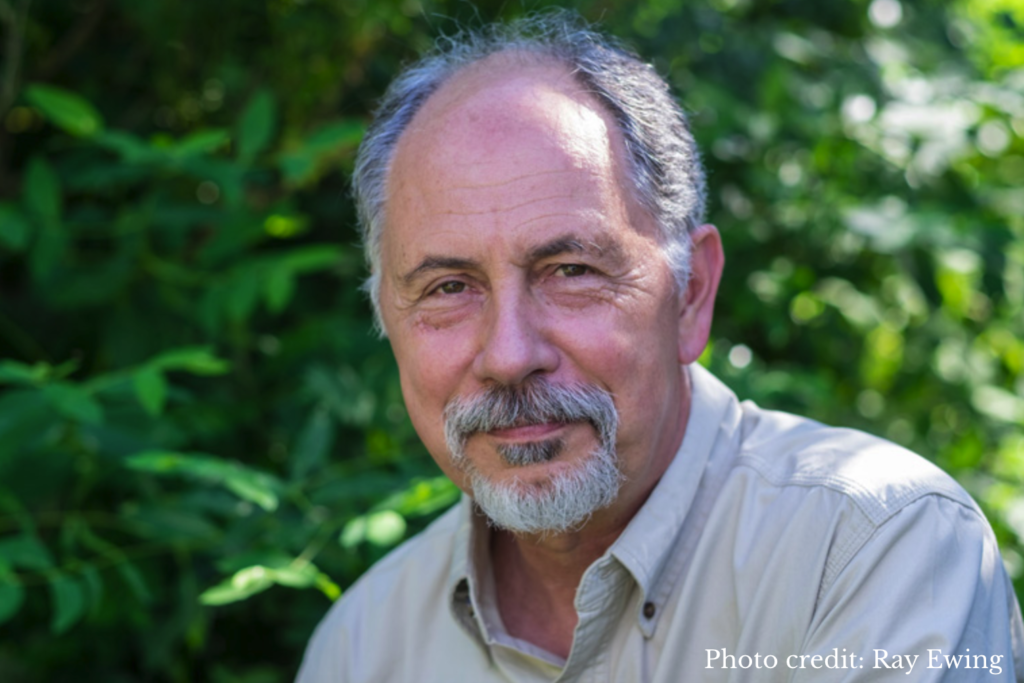
Tom Chase
Founder/Director
Born and raised on Martha’s Vineyard into a family with multigenerational roots, Tom Chase began working in the conservation field as a volunteer as soon as he got his driver’s license in 1970.
With a masters of science from the Quaternary Institute at the University of Maine, Tom has worked in virtually every branch of the conservation field – from educational interpretation, to strategic planning and leadership development to developing partnerships with leading institutions. His professional and popular publications reflect his eclectic interests in nature, including archaeology, avian genetics, botany, history, paleoecology, shorebirds, spiders and wildlife management.
Tom has held positions with the Sheriff’s Meadow Foundation, The Trustees of Reservations and The Nature Conservancy and served on the board of the Vineyard Conservation Society, BiodiversityWorks, Revive and Restore, the selection committee of the Martha’s Vineyard Vision Fellowship, and numerous community-based task forces.
While with the Conservancy, Tom raised millions of dollars for hundreds of acres and amicably resolved some of the Island’s most divisive land use conflicts. He led projects that built a field station, established a professional fire crew, restored land, conducted ecological research and created partnerships.
Known for building non-traditional alliances on and beyond the Vineyard, Tom’s greatest passion is helping conservation entrepreneurs come together to develop better and more replicable strategies.
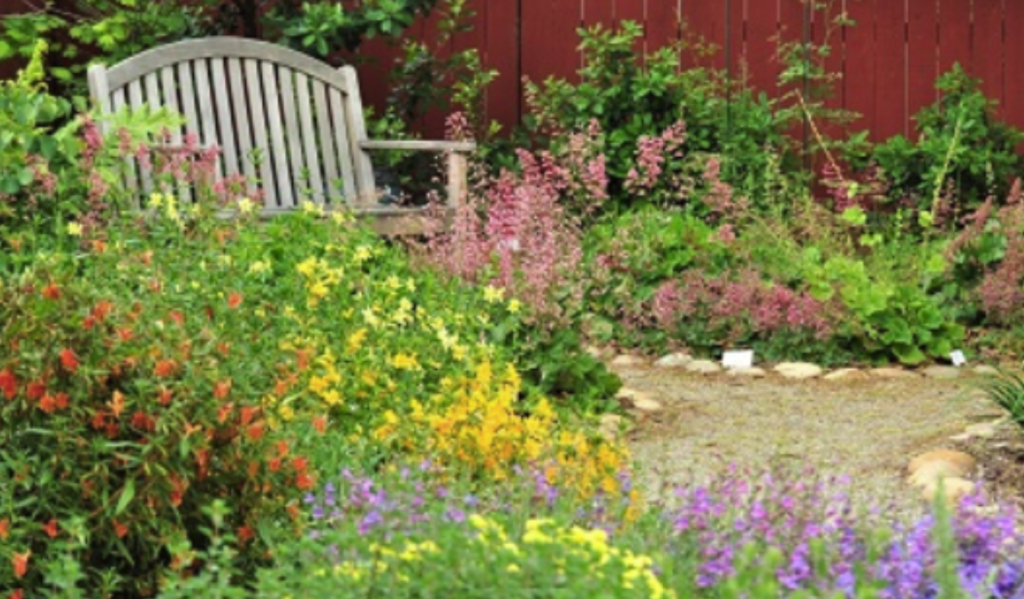
Tripti Thomas-Travers, MPP
Communications Manager
Born and raised on Martha’s Vineyard into a family with multigenerational roots, Tom Chase began working in the conservation field as a volunteer as soon as he got his driver’s license in 1970.
With a masters of science from the Quaternary Institute at the University of Maine, Tom has worked in virtually every branch of the conservation field – from educational interpretation, to strategic planning and leadership development to developing partnerships with leading institutions. His professional and popular publications reflect his eclectic interests in nature, including archaeology, avian genetics, botany, history, paleoecology, shorebirds, spiders and wildlife management.
Board of Directors
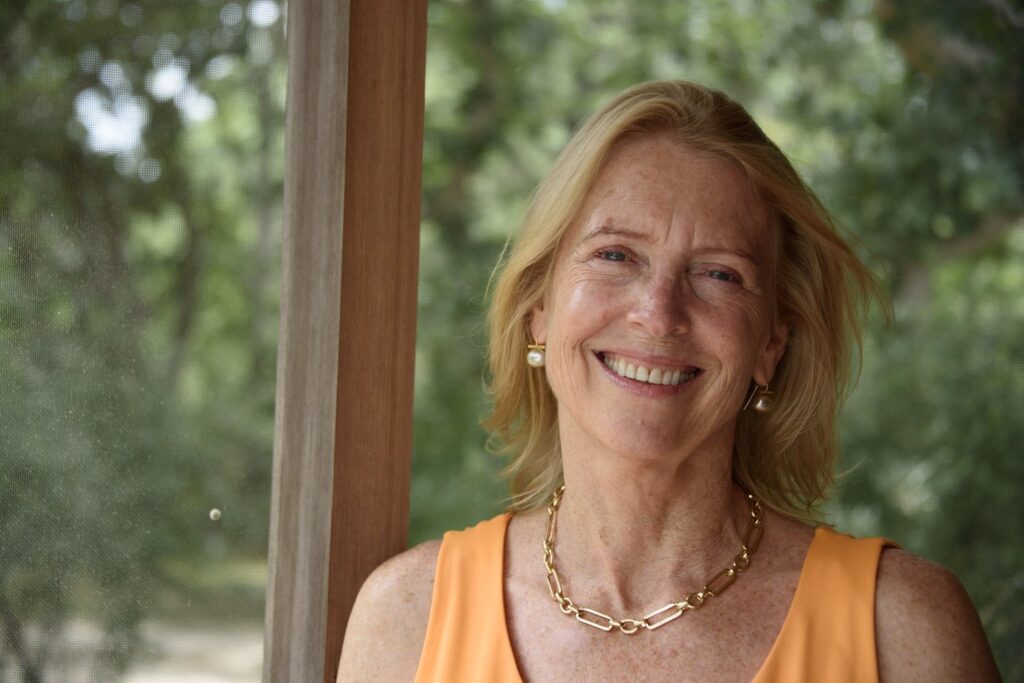
Kimberly Angell, JD
Treasurer
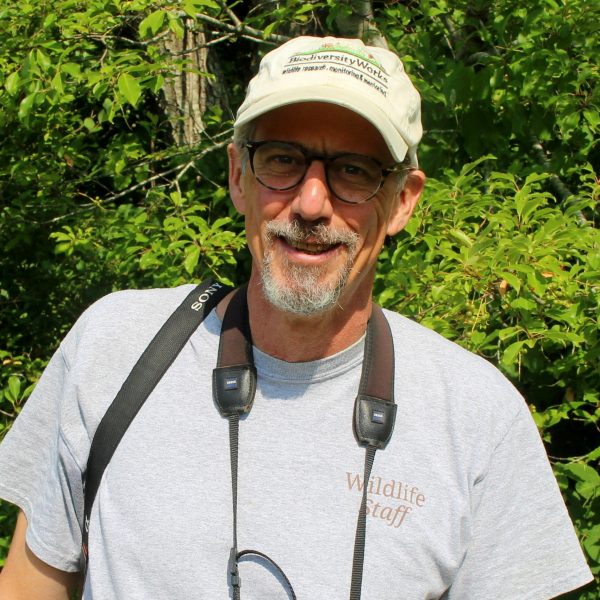
Clerk
The Advisory Council
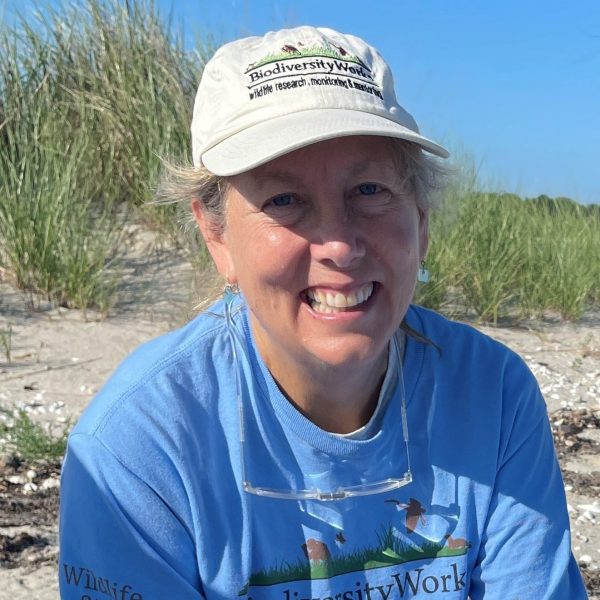
Founder & Director, BiodiversityWorks
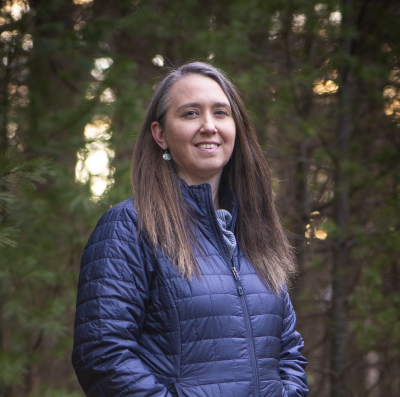
Desiree L. Narango, PhD
Conservation Scientist, Vermont Center for Ecostudies
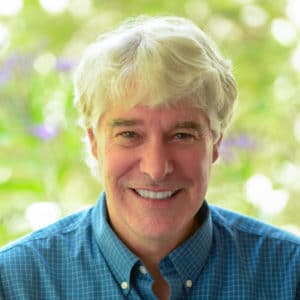
Christopher Neill, PhD
Senior Scientist, Woodwell Climate Research Center
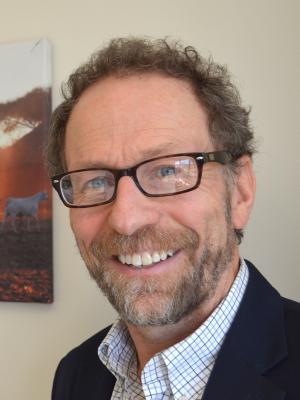
Peter Rabinowitz, MD MPH
Professor, Department of Environmental and Occupational Health Sciences, Department of Global Health, University of Washington
Stay in the loop
Join our newsletter where we will give you updates on upcoming projects, new opportunities and how you can get involved.


